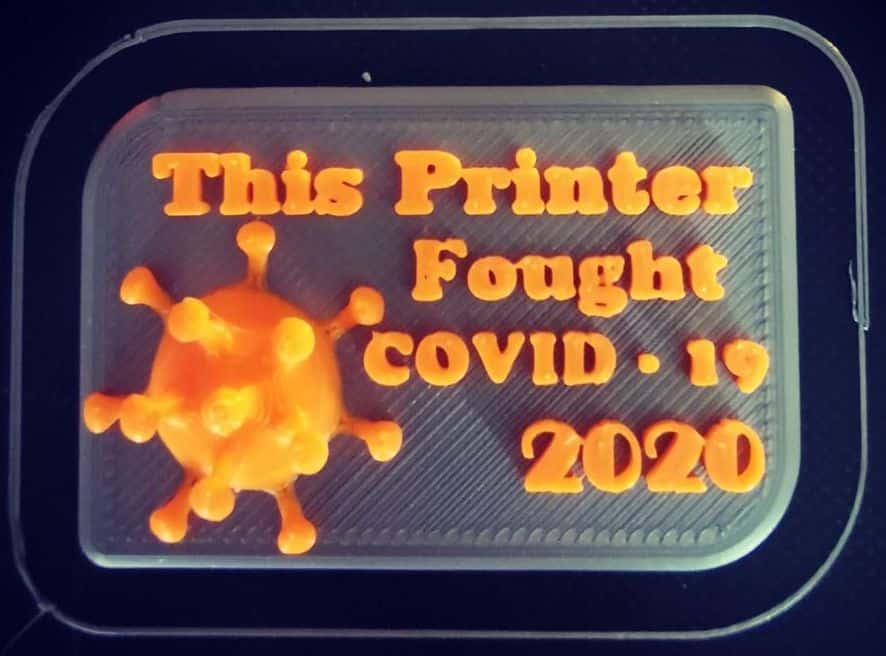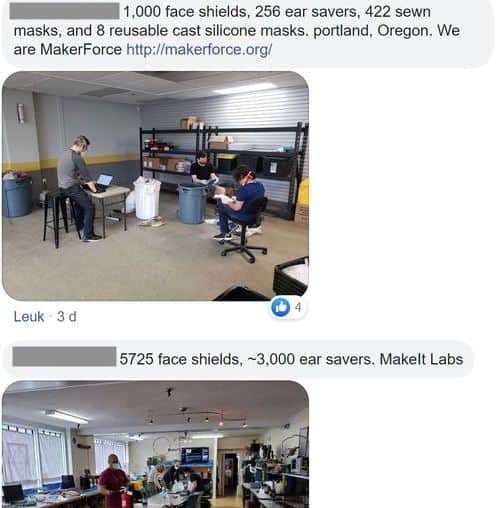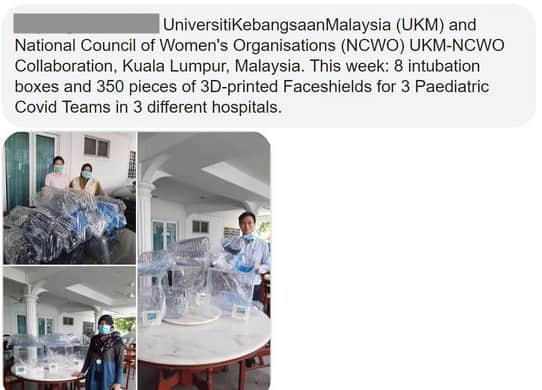Localization professionals and technology in the fight against COVID-19
The current COVID-19 pandemic has made one thing clear to the entire world: localization professionals, especially translators and interpreters, as well as localization technology play a crucial role in making sure that the right medical information is spread timely among different and most vulnerable communities. Because language barriers still exist and we all must work harder at breaking them down.
Support from tech companies against COVID-19
It’s not just social media giants like Facebook and Twitter that are lending a hand in spreading the necessary information in the fight against the novel coronavirus.
From the very beginning of the pandemic, Wordbee has launched a support initiative to assist the healthcare industry in its efforts against the COVID-19 virus.
Wordbee has made its full-fledged translation management system available free of charge for two months to all organizations working in the healthcare industry, such as scientific/diagnostic/pathology laboratories, hospitals, nursing homes, biotech and pharmaceutical companies, medical device manufacturers, and NGOs that help support the delivery of healthcare services.
Open Source COVID19 Medical Supplies
The Open Source COVID19 Medical Supplies (OSCMS) initiative was the first to take advantage of the free use and training of the Wordbee TMS and CAT tool, through its localization manager David de Weerdt, former owner of a boutique translation agency, with a sound experience in founding and leading profit and non-profit organizations.
The coronavirus crisis has spiked demand for personal protection equipment (PPE) and medical supplies like face masks and shields, gowns and gloves, hand sanitizers and infusion pumps, ventilator machines and so on.

OSCMS is collecting all the information about COVID-19 that needs to be localized in one document together with the instructions on how to get started with the production of PPE. A curious thing: while I was scrolling through the document in Google Docs, I could see over 50 people connecting from all over the world and consulting the guide.
The Facebook Group, where production and manufacturing activities are coordinated. counts 70,000+ people volunteering their skills and technical expertise. Scrolling through the conversations in the group, you’ll see companies of every size volunteering alongside individuals, all doing their share.

According to Gui Cavalcanti, Co-Executive Director of OSCMS, more than 5.75 million units of medical supplies have been produced across the globe as of May 5, 2020.
Exchanges in the OSCMS Facebook group are truly inspiring: members share stories about response efforts and, even more important, critical information on how to produce necessary medical equipment quickly and cheaply.
Localization in the fight against COVID-19
A layman could ask: Why is it important to translate? Doesn’t everybody speak a little bit of English? Isn’t machine translation enough? Translation industry professionals know that is not necessarily true, that it all depends on the country and on the audience.
In a YouTube interview to global investor and entrepreneur David Orban (starting at 45:02), David de Weerdt explains that in countries like India, for example, where English is one of the main languages, information needs localization because India has different regulations.
When it comes to instructions, for example, on how to mould a simple PPE like face masks, it’s important to give the correct information. The instructions are gathered and designed for American communities, where certain fabrics, skills and technologies are available. Although India is a highly technological country, not all the knowledge and technology are evenly distributed. Hence the importance of localization.
Over 130 translators organized in 50 groups (each with a team leader who is also a translator) have already signed into their Wordbee platform and are contributing to this localization effort. Jaime Ochoa, Wordbee Account Manager, has been donating his time & skills to assist OSCMS with organizing such a big group of users, as well as to oversee the onboarding and training of translators and project managers.
The workflow consists of three steps: translation, review and final validation. The tasks of translation and review are entrusted to professional translators specialized in life science, while the final validation is done by subject matter experts, e.g. doctors, scientists and engineers.
“Our end-product is vital life-saving information that can be trusted by makers and manufacturers to make PPE, and which meets with what doctors and nurses in each different country require. We therefore seek and must have the final product in the target language reviewed by senior medical and technical experts in each country.” - David de Weerdt
In some instances, subject-matter experts in charge of the review will want changes because in some countries there may not be the technology available to make certain supplies or the input materials needed.
A translation management system like Wordbee is essential because it allows to centralize and share linguistic resources safely and keep them constantly updated, ensures communication between the members of the various language teams, and allows for adding as many steps as necessary to the localization workflow.
Just like the COVID-19 pandemic isn’t going to disappear any time soon, the OSCMS project is going to be a long-term effort. Translators and interpreters who want to donate their time and expertise can join the Facebook Group OSCMS Localization, Translation and Interpretation and fill in the online form to get started.

















